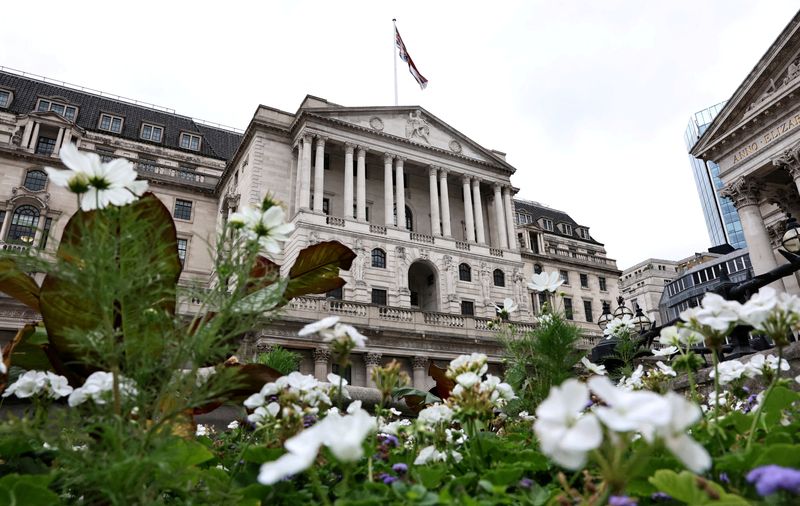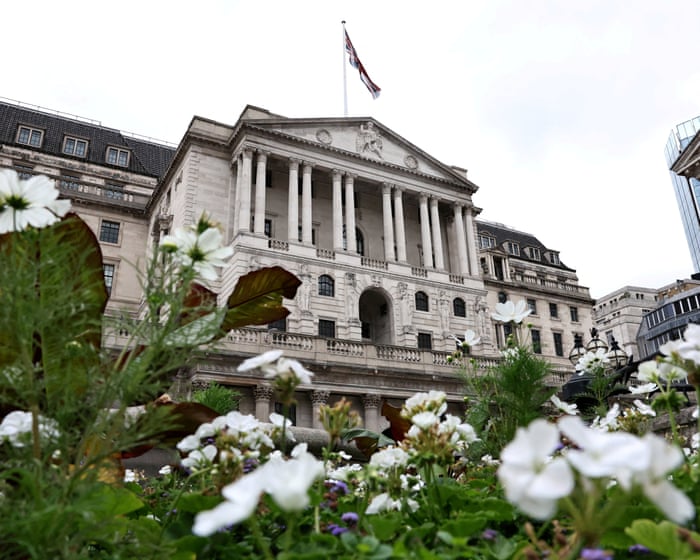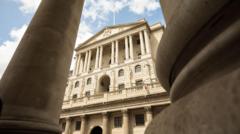Bank of England keeps interest rates unchanged; Bank Rate stays at 4%
NeutralFinancial Markets
The Bank of England has decided to keep interest rates unchanged at 4%, a move that reflects its cautious approach to current economic conditions. This decision is significant as it indicates the bank's assessment of inflation and economic growth, impacting borrowing costs for consumers and businesses alike. By maintaining the rate, the Bank aims to balance economic stability while monitoring future developments.
— Curated by the World Pulse Now AI Editorial System
















